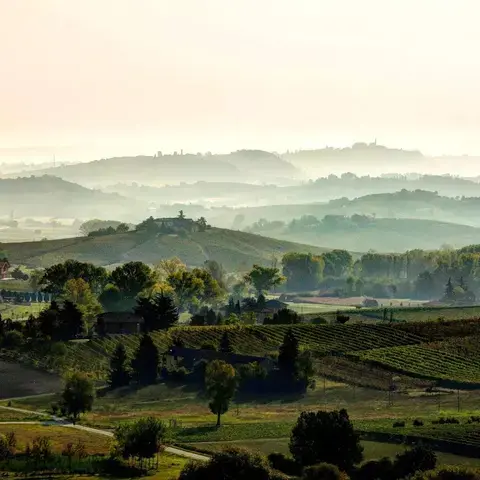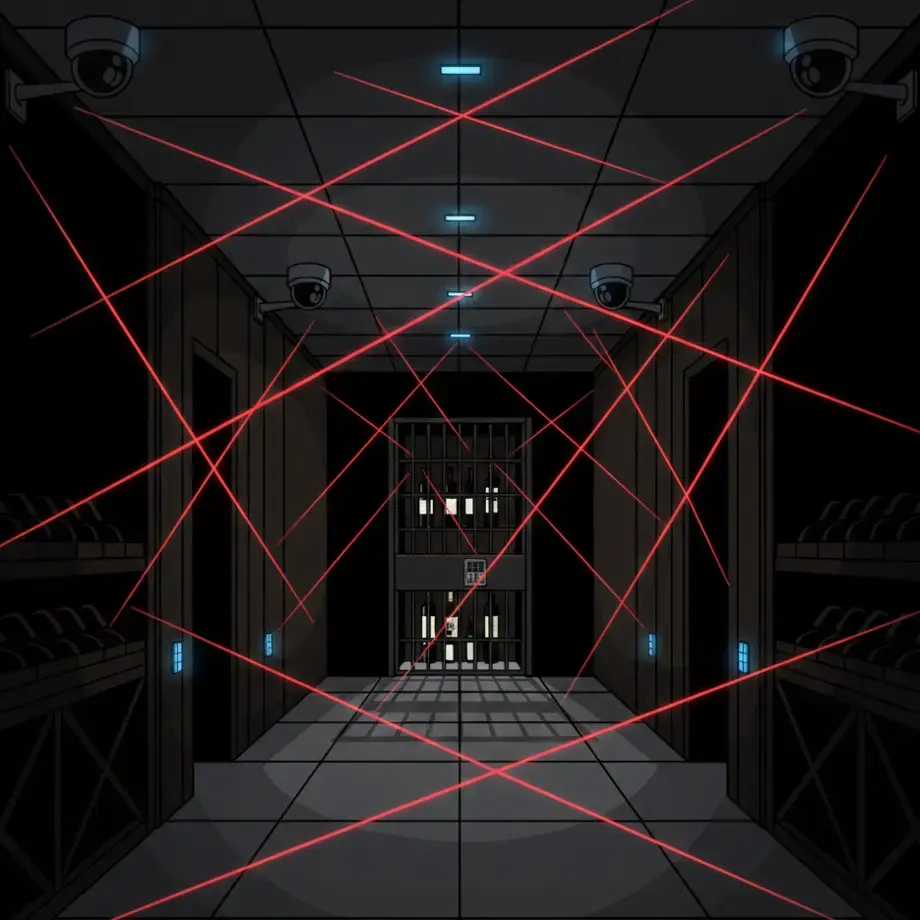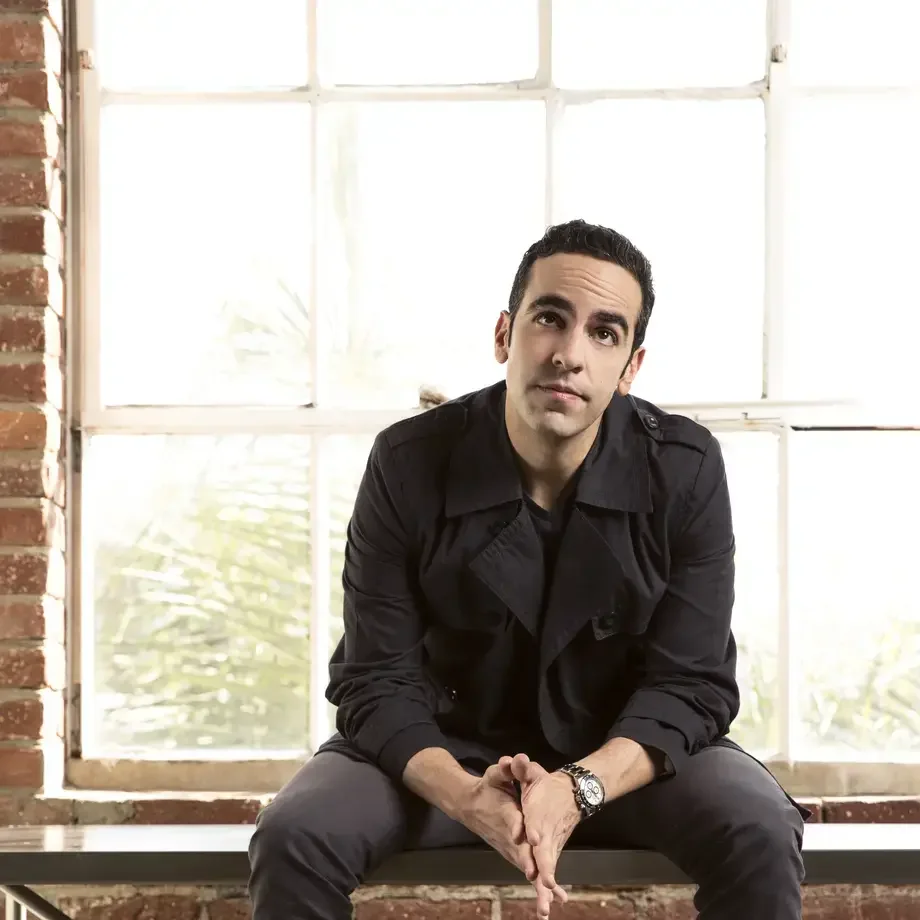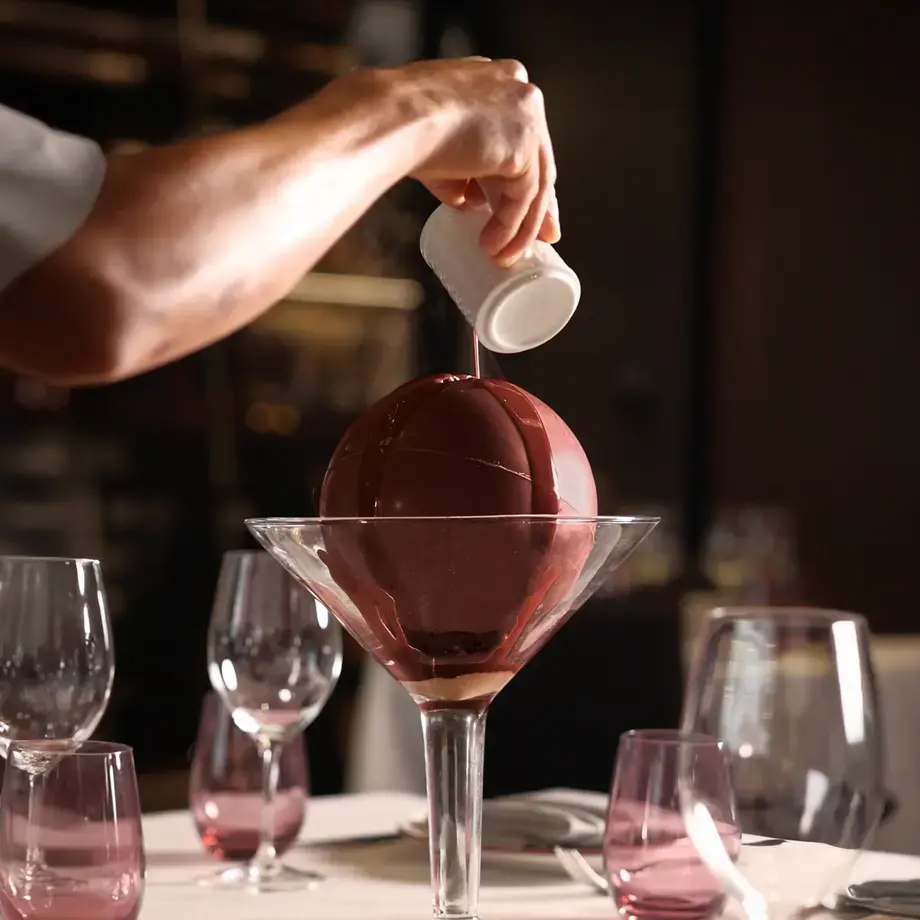Hotelier and man of great culture, Michil Costa, originally from Alta Badia, in the Dolomites, Italy, has always been involved in hospitality. Following the principles of the Common Good Economy (more below), in Corvara he manages the hotel La Perla, a member of The Leading Hotels of the World, as well as the Berghotel Ladinia, and in the Val d'Orcia, Tuscany, the Hotel Posta Marcucci.
Costa believes in dialogue, exchange, empathy, hospitality and the human value of the guest, with the growth of employees being central. It is no coincidence, therefore, that he was named one of Fine Dining Lovers’ Hospitality Heroes by our readers, a title that recognises his leadership in the industry.
A committed environmentalist, Costa is president of the 'Maratona dles Dolomites', a 138km ultra-marathon that runs through the Northern Italian mountain range. But his social commitment goes further: in 2007 he founded the Costa Family Foundation with his family, which promotes development projects for women and children in Africa, Asia and South America.
Which experience or person has contributed most to your training as a hotelier?
Luigi Veronelli and Angelo Gaja are the people who made me enthusiastic about food and wine, in this continuous dialogue between host and guest, focusing not only on food and wine, but also everything that revolves around it: singing, poetry... Gigi had, and Angelo has, this innate passion for the symposium. And then also Giorgio Grai, who was the finest nose we had in Italy, for decades.
Your concept of hospitality is based on the principles of the Common Good Economy: what are the salient aspects?
The Common Good Economy is a very complex concept. To simplify, we can say that it is a way to finally understand that there is also another kind of economy, which we do not consider. It is a theme that has often been touched upon by people like Jeremy Rifkin, Joseph Stiglitz and Edgar Morin (and, at the time, the Club of Rome): all people who are not environmentalists like me, but who have analysed the economy, saying what works and what does not work about capitalism. Principally, the Economy of the Common Good is based on social justice, the dignity of men and women, transparency and shared decision-making, ecological sustainability and solidarity.
You have written a book, Futurism – A Heartfelt Appeal Against Tourism Monoculture, where you deal with the industrialisation of the tourist economy: what is the first step towards a ‘new hospitality’?
What did they use to do? They took care of the other, understanding that we had a relationship, and gave hospitality from a true and sincere point of view, putting humanism, the human Renaissance, at the centre. And not thinking that hospitality is about boorish tourism, building infrastructure and airports, or just being efficient. Because it is important to be human and to welcome the other as a producer of value, and not just someone who brings money. So, we must do things consciously, taking care of the landscape and everything around us, not just the human being. Lastly, I would like to emphasise that hospitality is not just hospitality towards the guest (often, mistakenly, we speak of the customer), but it starts from welcoming the collaborator and those who are less fortunate than me. So, I think of the suppliers, but also of all those who land in Lampedusa. If I do not do reception, I cannot think of doing tourism: it is impossible. If I do not first take care of my collaborators, it is useless for me to take care of guests: for me, the collaborators are more important, because they are the ones who stay with me for a whole season, or a year, maybe for decades. The guest comes and goes.
You have experience as a hotelier in the Dolomites and in the Val d'Orcia: how are the hospitality and the clientele different, if at all?
Every hotelier gets the guest they deserve: what we put on the market is welcomed and attracts a certain type of guest. In Val d'Orcia we have a thermal pool with many seats in the direction of Rocca d'Orcia and people sit there and read a book, because we don't have five pools and six spas: we are not a spa with a hotel attached, but a historic hotel, where we give a little humanity, hot water and good food. The rooms are also small, but we do our best to accommodate guests as best we can.
In Alta Badia, on the other hand, during the winter season, since the hotel is close to a circuit of 1200km of slopes, the guest comes and wants to brag in the evening about the 80km he/she has skied. It is all very logical: it is we who have the power to attract a certain type of clientele. In the summer, again in Alta Badia, the guest changes: the guest puts on a rucksack and walks, foreigners do it in particular, and they seek a lot of contact with nature. Certainly, I have noticed that people always need to do something, to fill space and time for otium: that's why we hoteliers tend to give a thousand services, but I think today it's necessary to take away and not give. Let us return to the otium of the Romans.
In the past, Alta Badia was the region with the highest density of Michelin stars: a unique case, a fertile land for high-level hospitality. Why, in your opinion?
We were the first to have a Michelin star many, many years ago. I was the first to value a wine cellar when here we only drank Santa Maddalena. Then, after my experience abroad, motivated by the people mentioned above (Veronelli, Grai, etc.), I started a different reception. Today, unfortunately, there are no longer any Michelin stars in Alta Badia (Siriola, two Michelin stars, and St. Hubertus, three Michelin stars, have closed), but what pleases me is that quality gastronomy, done well, has arrived in the high mountain refuges, real luxury canteens. The great thing is that you can eat well even at high altitude.
What advice would you give to a young person who wants to pursue a career in hospitality?
I listen a lot to others: I like dialogue, getting their stories from guests. My advice, therefore, is to listen, and not only think about the technical aspects, but also to immerse yourself in the world of empathy, psychology and sociology, to really understand the importance and beauty of the human being in front of you.
The world of hospitality is so beautiful because you have the opportunity to give joy and happiness to the person in front of you, understanding their needs and characteristics: you can achieve so much this way, but of course, you must be empathetic, inclined to listen. Acceptance done well would be the solution to all conflicts in the world: we can give happiness. I also recommend trying to educate the people who work with you. In the company we adopt a basic philosophy that all internal people (about 200) should grow and later become kitchen chefs, managers, doing continuous training in the hotel. The world has changed: guests need to be listened to, you don't just need to know how to place the plates and cutlery at the table, empathy and psychology should be taught in schools. We live in the most beautiful country in the world, with the opportunity to do the most beautiful job in the world: we have all the doors open.












